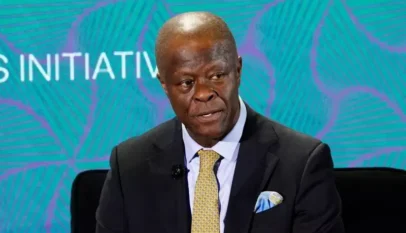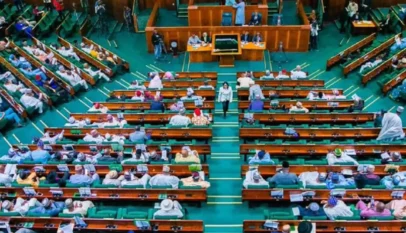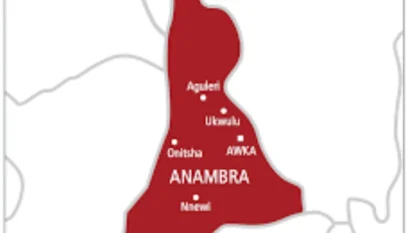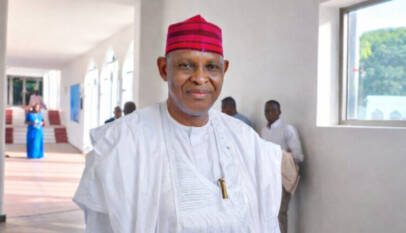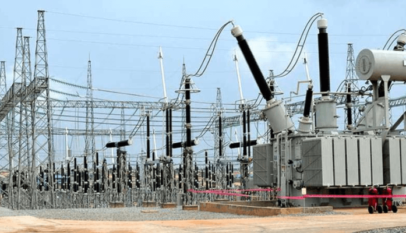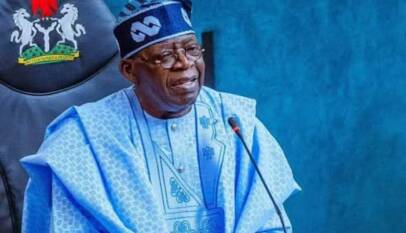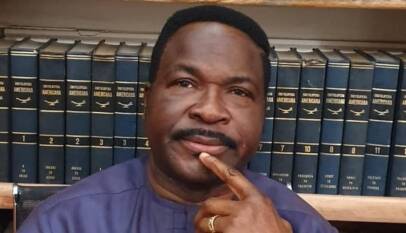In addition to their statutory allocations, State Governments and Local Government Areas (LGAs) have received significant extra funding under the current administration—leading to a fiscal surplus of approximately N7.1 trillion, according to the Federal Government.
The Minister of Finance and Coordinating Minister of the Economy, Wale Edun, disclosed this during a press briefing in Abuja on Thursday.
He explained that the additional funds include statutory allocations and refunds for previous deductions. These disbursements, he said, reflect the government’s commitment to redirecting savings from fuel subsidy removal to Nigerians.
“We are increasing the resources available to sub-national states and local governments for investment in education, health, and infrastructure,” Edun said.
“Refunds are being made for past deductions from the Federation Account, which are legitimately owed to these governments. These payments are ongoing and consistent.”
He noted that since the first half of 2023, the combined fiscal surplus of states has risen from N2.8 trillion (1.8% of GDP) to N7.1 trillion (3.1% of GDP). This, he said, gives states greater capacity for capital investments.
“The increase in state-level spending has largely gone to capital expenditure,” Edun added.
The minister also revealed that in the last quarter alone, the Federal Government paid over N2 trillion to contractors, clearing outstanding capital obligations from the previous year. Going forward, focus will shift to 2025 capital releases.
On federal revenue, Edun disclosed that the government achieved 37.4% of its revenue target in the first half of 2025.
Additionally, following the recent GDP rebasing, Nigeria’s debt-to-GDP ratio dropped significantly—from 52.1% to 38.8%.
Edun emphasized that to address Nigeria’s fiscal challenges, the administration will prioritize spending and optimize revenue generation—particularly through better utilization of existing national assets.
Addressing past fiscal mismanagement, Edun said the administration has halted unauthorized Ways and Means financing, which previously allowed unchecked borrowing from the Central Bank.
“Under the president’s leadership, we’ve restored fiscal discipline by ending excess and unauthorized reliance on Ways and Means,” he stated.
The minister also announced plans to review deductions made by revenue-generating agencies such as the FIRS, Customs, NUPRC, and NNPC for managing collections and funds like the Frontier Exploration Fund.
“We intend to reassess collection costs and management fees deducted from the Federation Account to increase overall government revenue,” Edun said.


